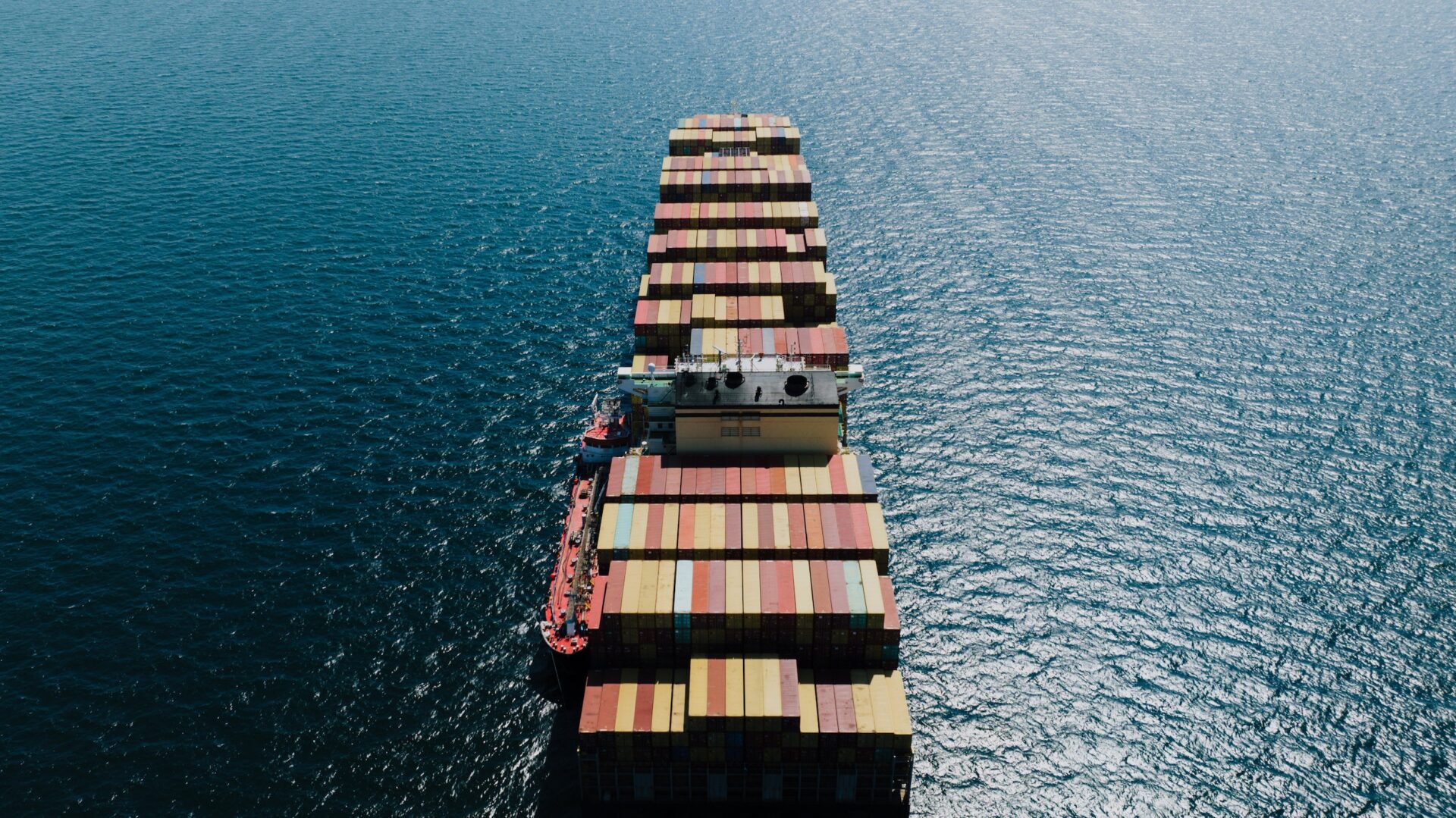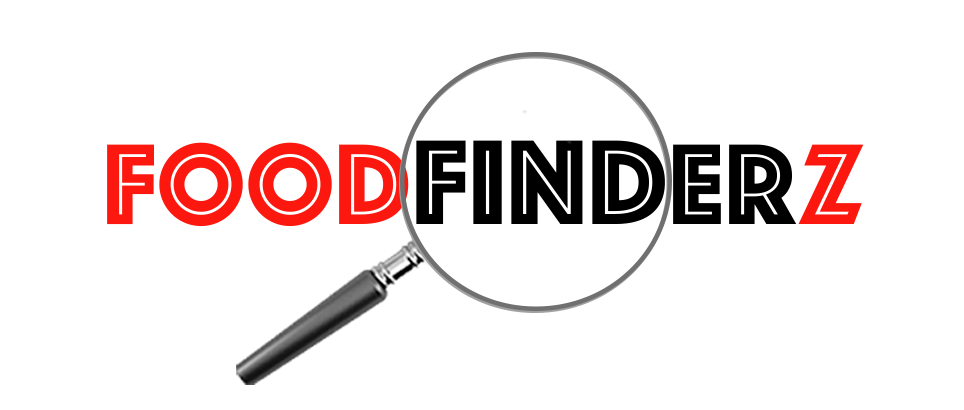FROM FARM TO FORK
UNDERSTANDING THE GLOBAL FOOD TRADE
Steps in Global Food Trade Transactions
The global food trade involves a series of intricate steps that enable the seamless movement of food products from producers to consumers around the world. In this blog post, we will explore the typical stages involved in a normal transaction within the global food trade, highlighting the key players and processes that contribute to the successful exchange of food commodities.

